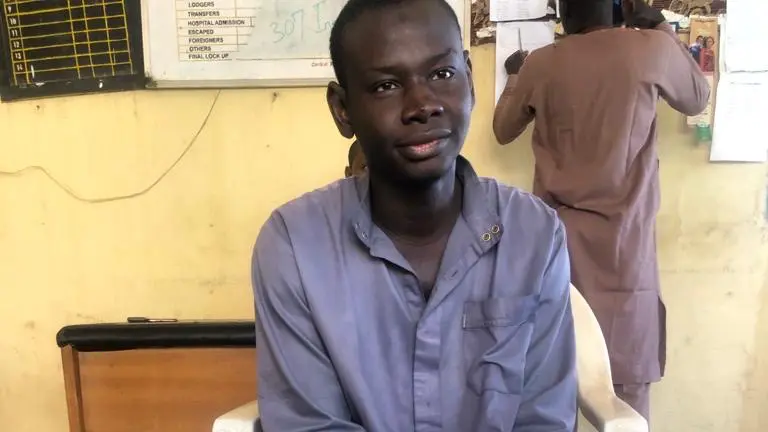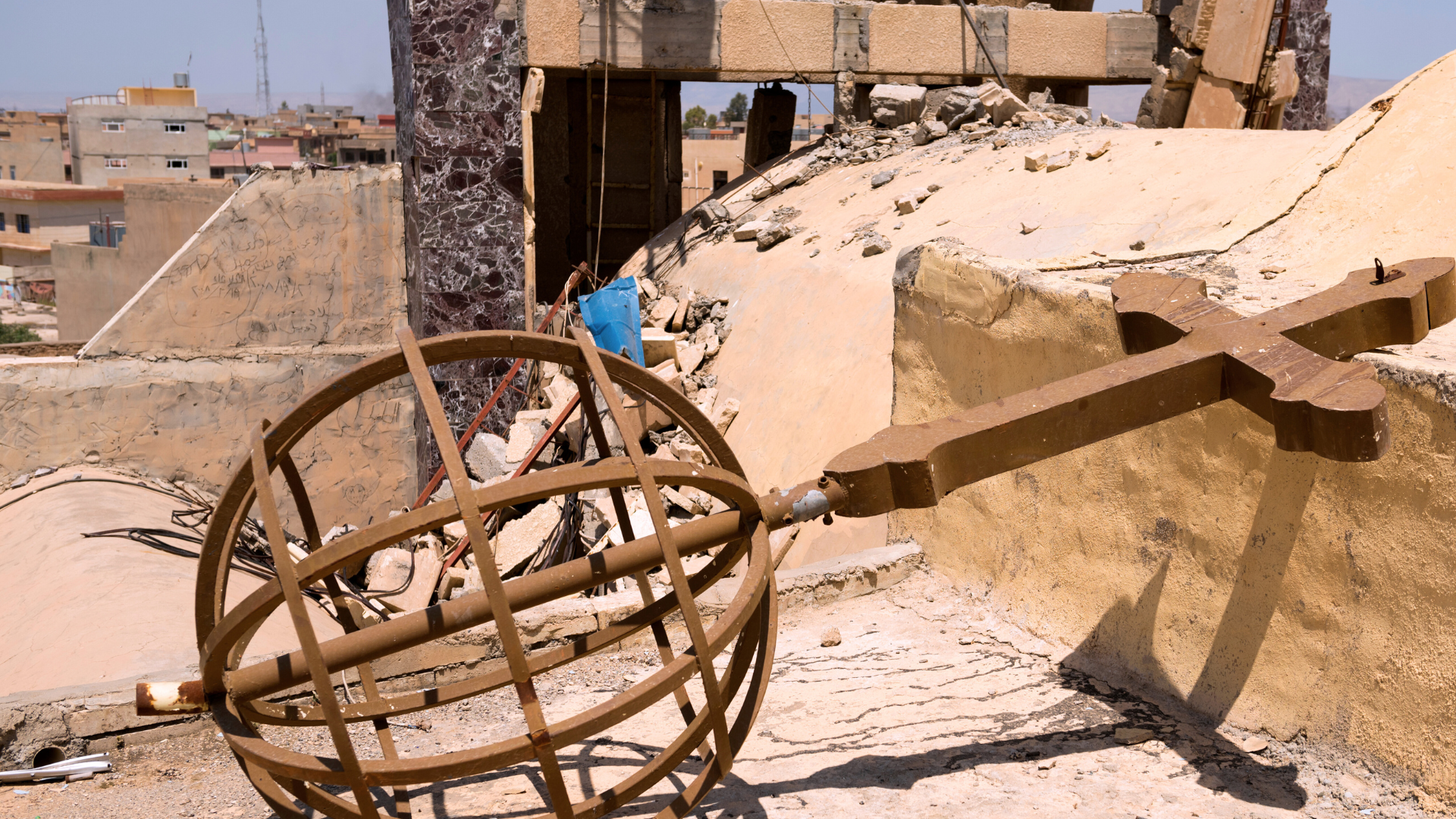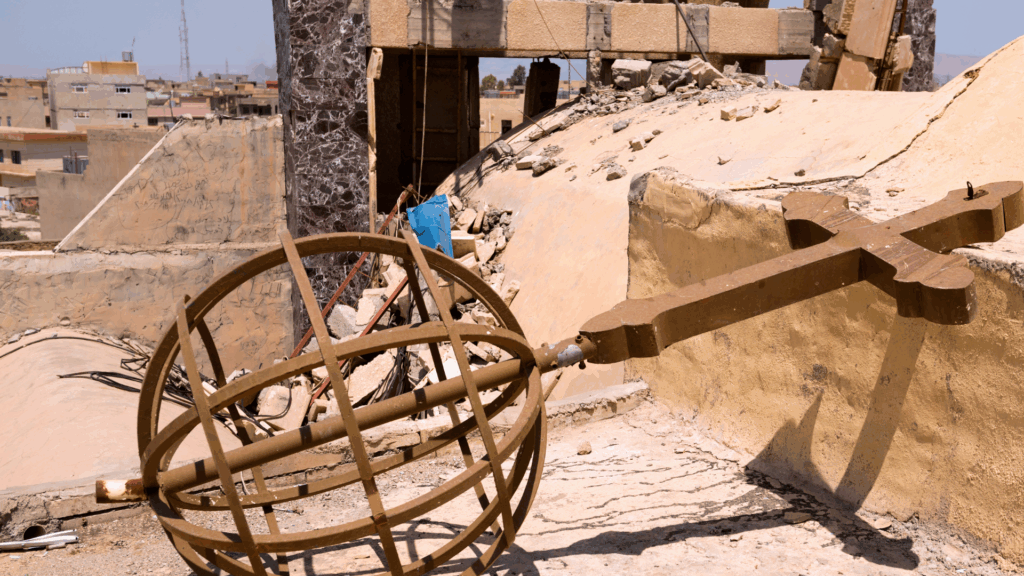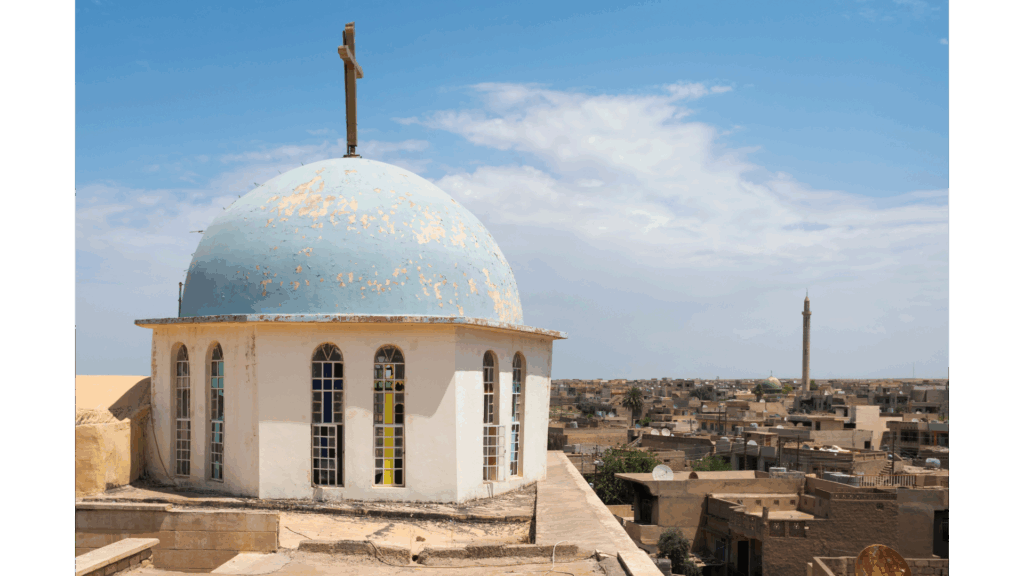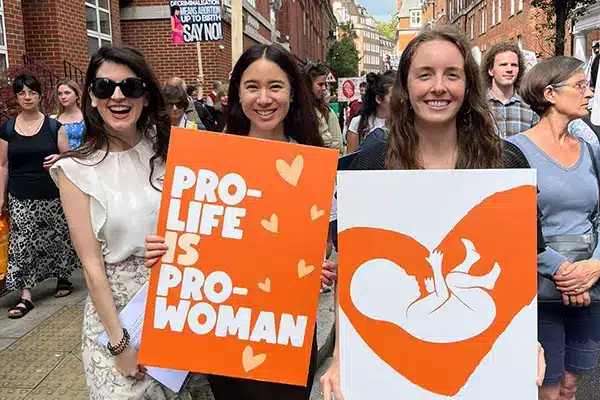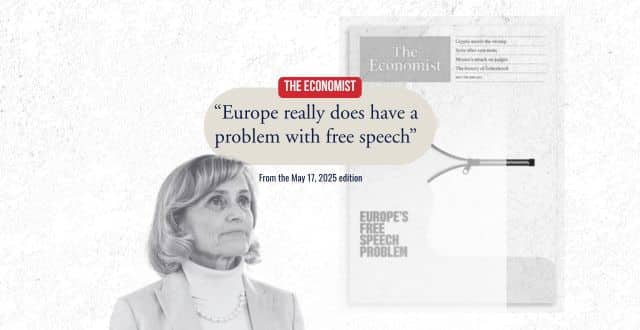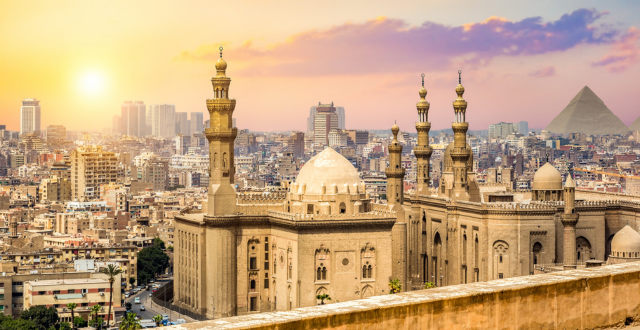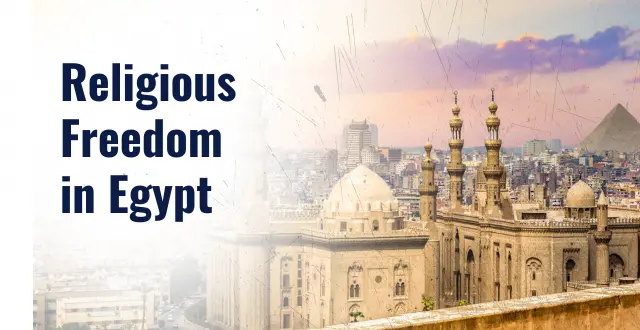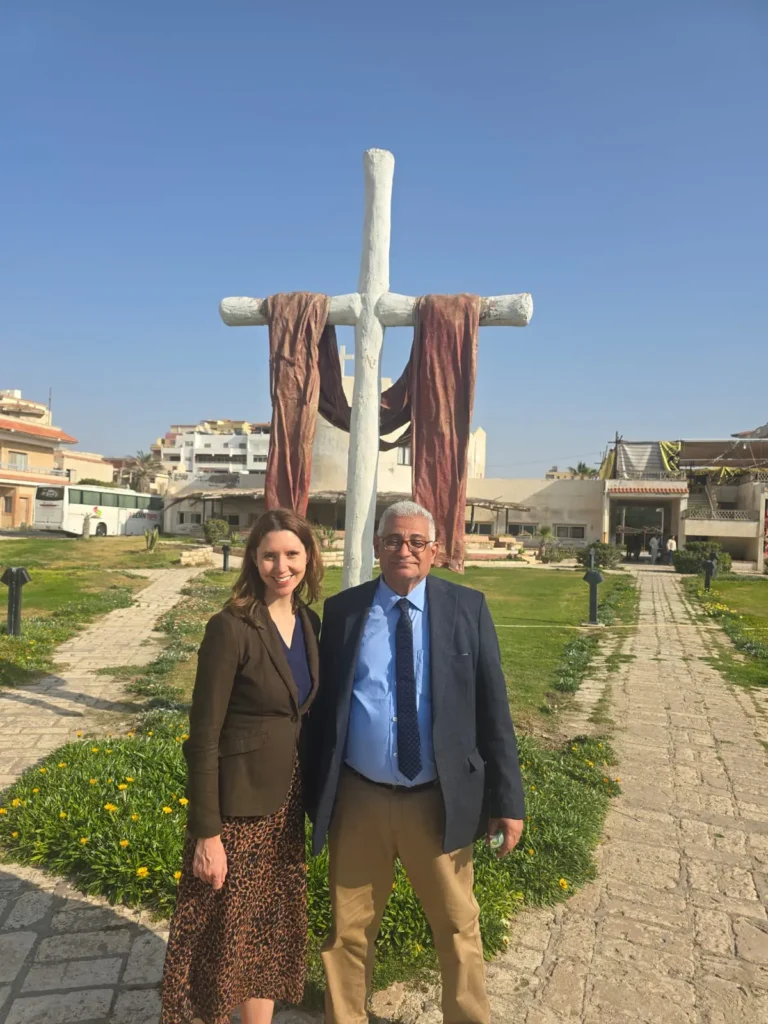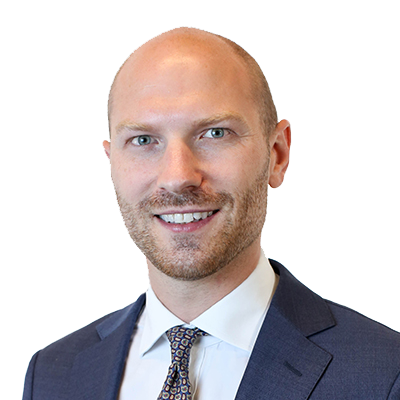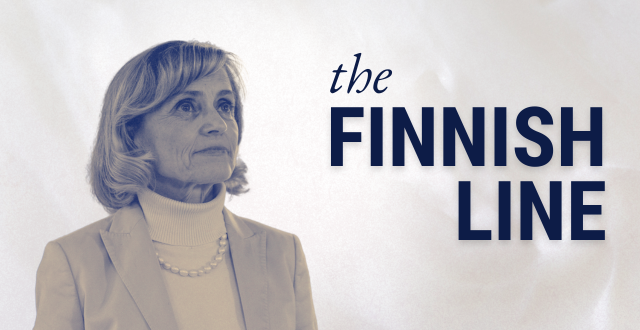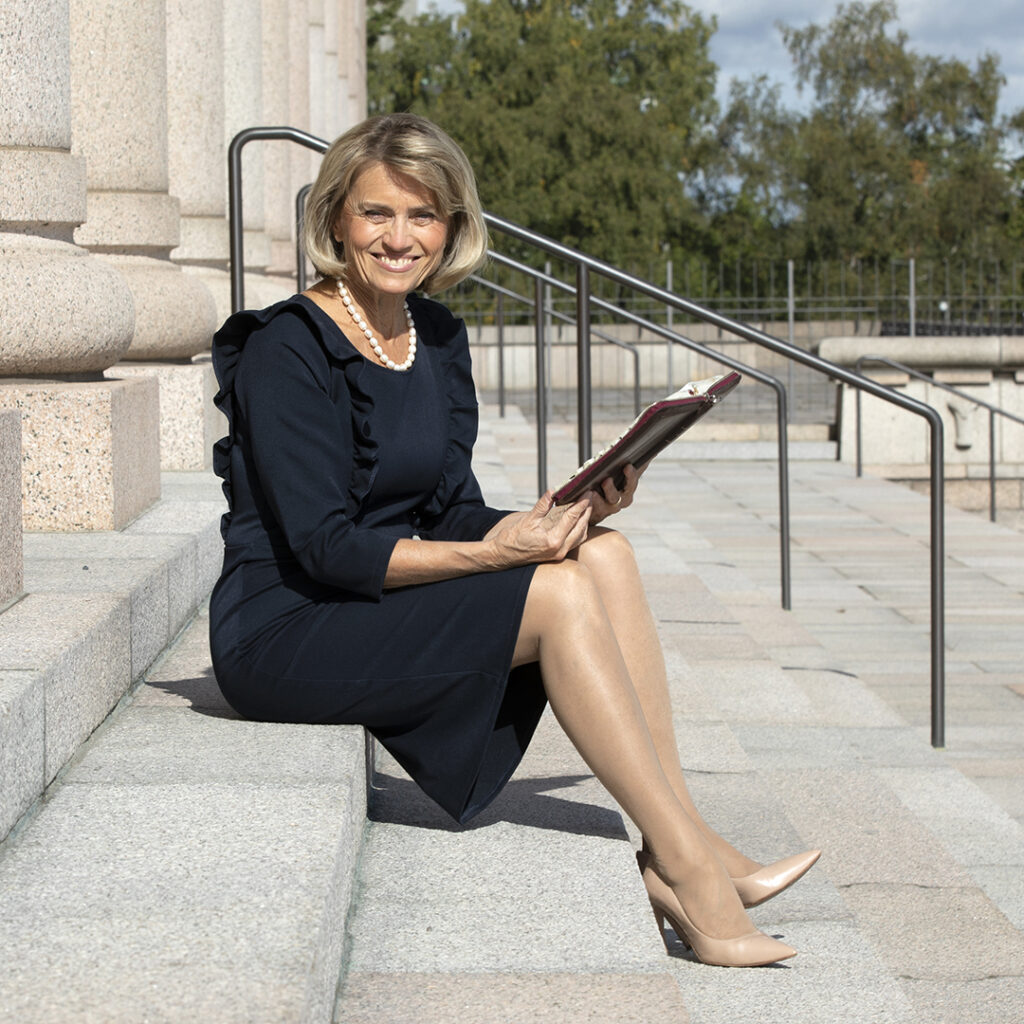In keinem anderen Land der Welt werden mehr Christen getötet als in Nigeria. Besonders im Norden des Landes klammern sich Christen an letzte Hoffnungsfunken und rufen nach Gerechtigkeit und Hilfe, während die Welt aus der Ferne zusieht.
Was für viele unvorstellbar erscheint, ist für Christen in Nigeria tägliche Realität: Die Ausübung ihres Glaubens kann das eigene Leben kosten. Verantwortlich dafür sind nicht nur extremistische Gruppen wie Boko Haram oder Fulani-Milizen, sondern auch willkürliche Gewalt, strafrechtliche Verfolgung aufgrund sogenannter Blasphemiegesetze und das systematische Wegsehen staatlicher Stellen So griffen zum Beispiel am 25. Dezember 2023 bewaffnete Kämpfer fünf christliche Dörfer im Norden Nigerias an. Während die Welt Weihnachten feierte, verloren dort über 200 Menschen ihr Leben. Häuser wurden niedergebrannt, Felder zerstört, ganze Familien ausgelöscht.
Dieser Angriff steht stellvertretend für eine beispiellose Welle der Gewalt, der Christen in Nigeria ausgesetzt sind. Besonders erschütternd ist das Schicksal zweier junger Frauen, die vom Islam zum Christentum konvertiert sind.
Sie wurden bedroht und letztendlich gezwungen, aus ihrer Heimat zu fliehen. Weil sie den zwei christlichen Konvertitinnen geholfen hatten, wurden ein Pastor und ein Prediger entführt und zwei Wochen lang gefoltert. Danach wurden sie den Behörden übergeben. Während einer von ihnen freikam, wurde der andere in einem unfairen Verfahren – ohne anwaltliche Vertretung – wegen Entführung verurteilt.
Dank des Einsatzes eines Partneranwalts konnte eine Freilassung auf Kaution erreicht werden, und es läuft derzeit ein Berufungsverfahren gegen das Urteil. Ein weiterer aufrüttelnder Fall ist der der christlichen Krankenschwester Rhoda Jatau, die wegen einer WhatsApp-Nachricht über die Gewalt gegenüber Christen 19 Monate lang inhaftiert war.
Partneranwälte von ADF International konnten im Dezember 2023 ihre Freilassung auf Kaution erwirken und im Dezember 2024 wurde sie nach einem zweieinhalbjährigen Verfahren vollständig freigesprochen. Betroffen sind nicht nur Christen. Auch Menschen anderer Glaubensrichtungen, die vom religiösen Mainstream abweichen oder sich für Toleranz einsetzen, werden verfolgt. Der junge Sufi-Musiker Yahaya Sharif-Aminu wurde im März 2020 wegen einer angeblich blasphemischen WhatsApp-Nachricht auf Grundlage der Scharia verhaftet und kurz darauf zum Tode verurteilt.
Obwohl das Urteil später aufgehoben wurde, ordnete das Gericht einen neuen Prozess an. ADF International unterstützt derzeit seine Berufung vor dem Obersten Gerichtshof, um das Blasphemiegesetz mit Todesstrafe anzufechten. Aufgrund des Einsatzes von ADF International forderte das Europäische Parlament am 13. Februar 2025 in einer Dringlichkeitsresolution erneut die sofortige und bedingungslose Freilassung von Yahaya Sharif-Aminu. Die Resolution verurteilt die Anwendung von Blasphemiegesetzen in Nigeria und ruft zur Abschaffung dieser Gesetze auf, da sie religiöse Minderheiten gefährden, Grundrechte verletzen und Gewalt fördern.
Trotz all dieser bedrückenden Entwicklungen gibt es auch Zeichen der Hoffnung: Kirchen werden wieder aufgebaut, betroffene Menschen erhalten Traumabehandlung, und Christen, die trotz aller Zerstörung und Verwüstung im Gebet auf Gott vertrauen, verbreiten mit Lobgesängen Hoffnung. Niemand sollte dafür bestraft werden, dass er seinen Glauben friedlich zum Ausdruck bringt. Daher setzen wir uns – gemeinsam mit Partneranwälten vor Ort – für diese Menschen ein.
In den schwierigsten Umständen kämpft ADF International für Rechtsstaatlichkeit, für Religionsfreiheit und für das Leben der Mandanten. Unsere Arbeit reicht dabei von konkreter rechtlicher Verteidigung bis hin zu internationaler Interessenvertretung bei den Gremien der Uno, des Europarats oder eben der Europäischen Union. Doch das ist nur mit Unterstützung möglich. Ihre Spende hilft dabei, Christen in Nigeria zu schützen, Unschuldige angesichts von Blasphemievorwürfen zu verteidigen, willkürliche Haft zu beenden und langfristig eine Kultur der Rechtsstaatlichkeit und Glaubensfreiheit zu etablieren.
Nigeria, seine Christen und die religiösen Minderheiten brauchen starke Partner. Die verfolgte Kirche braucht Menschen, die hinsehen – und handeln.
Herzlichen Dank für Ihre Verbundenheit und Ihre konkrete Hilfe für Menschen, die wegen ihres Glaubens verfolgt werden.




